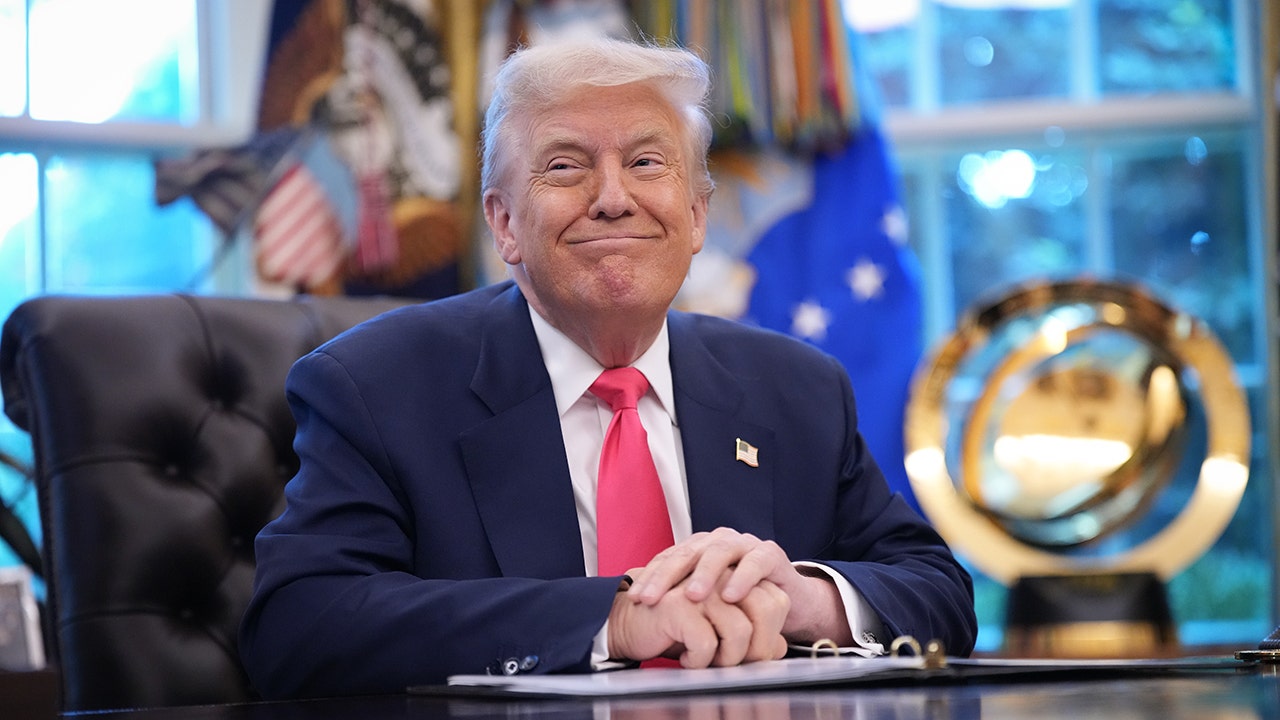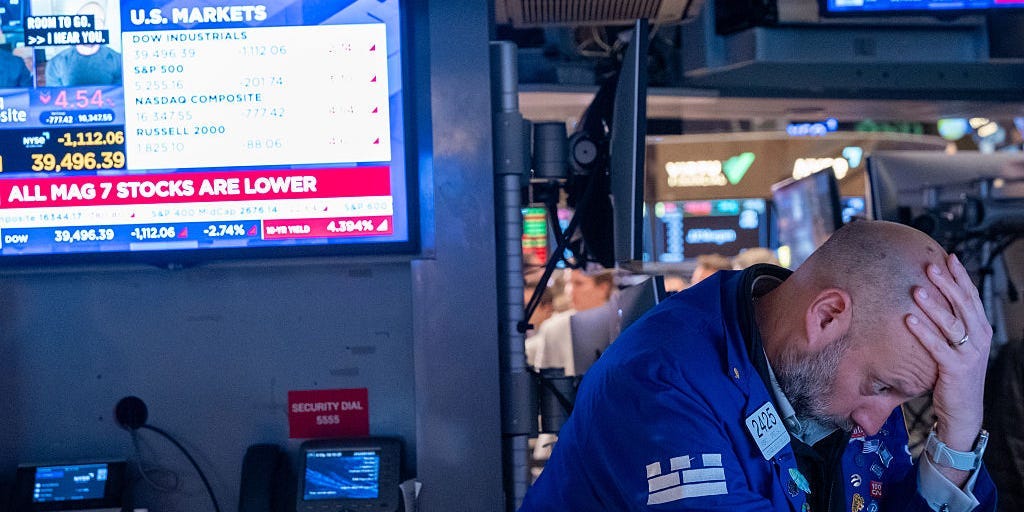Trade War Showdown: Supreme Court to Referee Trump's Tariff Battle

In a significant legal development, the Supreme Court has announced its intention to swiftly address the legality of President Donald Trump's controversial trade tariffs. The court's prompt decision signals a potential turning point in the ongoing trade policy debate, with far-reaching implications for international commerce and economic relations.
The justices' quick move to examine the breadth and constitutionality of Trump's tariff measures suggests a recognition of the critical economic stakes involved. This upcoming ruling could potentially reshape the landscape of U.S. trade policy and provide clarity on the executive branch's authority to impose wide-ranging trade restrictions.
Legal experts and economic analysts are closely watching the case, anticipating a ruling that could have substantial consequences for global trade dynamics and the balance of power between the executive and legislative branches of government.








